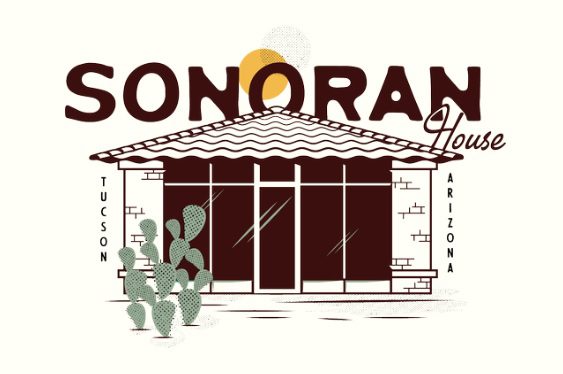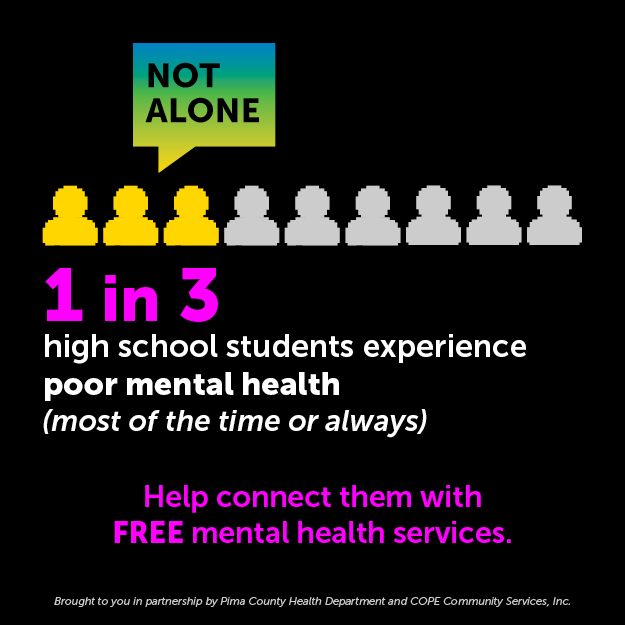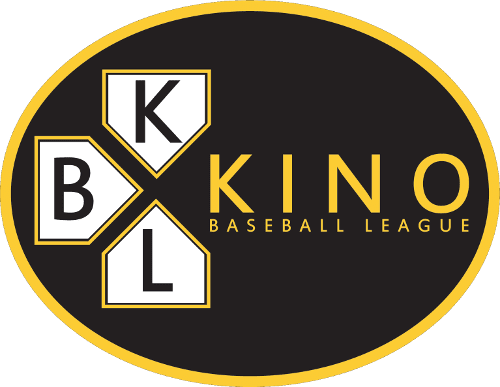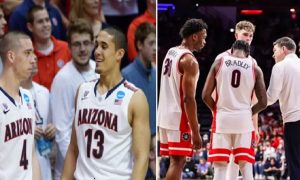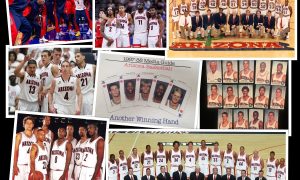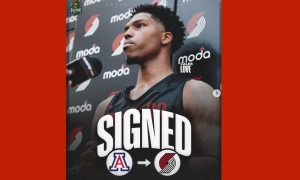Arizona Wildcats guard Allonzo Trier missed 19 games, the bulk of which coming after the school won an appeal that contested a year-long suspension after the sophomore tested positive for a performance-enhancing drug.
The resulting wait — which lasted from sometime in November until last Friday — was due to the PED not being completely out of his system. Certainly, that must have been a frustrating time for Trier, coach Sean Miller and the Wildcats, but there apparently wasn’t much anybody could do, other than let nature run its course.
Miller was asked Monday at his weekly press conference what he thought of the unusual situation and if anything could have been done differently or handled better.
“It’s a process that had no history,” he said.
“I think the NCAA did the best they could. They were extremely fair. I think they really had the student-athlete welfare at the forefront of a lot of things. It might not have felt that way to the outside, but they were very communicative, very direct, vert cooperative, trying to hold to the standards that they need to hold these types of issues to.”
Miller also praised school officials, including president Ann Weaver Hart and athletic director Greg Byrne, who last week accepted the same position at Alabama.
“We couldn’t ask for more cooperation, and putting in incredible hours and time into this, just to make sure the process was done right and what’s fair is fair,” Miller said. “The outcome came, and I’m looking forward to not looking back.”
"It means the world" – Sean Miller on return of Allonzo Trier #Pac12Hoops
Watch: https://t.co/YfMNDWtSGW https://t.co/xITDxIqoKv
— Pac-12 Network (@Pac12Network) January 22, 2017
Trier, who has been practicing all season, returned to the court with 12 points, seven rebounds, four assists and only one turnover in 27 minutes as the Wildcats knocked off No. 3 UCLA 96-85 in Pauley Pavilion on Saturday.
Miller called the performance “striking.”
The UCLA crowd heckled Trier throughout the game, but without much effect.
“Allonzo is unflappable,” Miller said.
“He’s out there playing as if he’s playing a pick-up game. That is one of his strengths. There is nothing that somebody sitting in the 17th row eating popcorn is going to say that is going to take him off of his game.”
Trier’s suspension was a public mystery until last Wednesday, when, following an ESPN report, he released a statement through the university. He wrote, in part:
“I have never knowingly taken a banned substance. After finding out that I was given a banned substance by a well-intentioned, but misguided person not associated with the University after an injury, I presented this information to the NCAA. The NCAA agreed that I had no knowledge of receiving the substance and my eligibility was restored.”
Miller was asked Monday about why that statement, or a similar one, couldn’t have been released much earlier.
“There are just too many unknowns,” Miller said.
“The No. 1 here is to protect the student-athlete privacy of a situation that was very complicated and to not at all harm him in any way. There are no secrets; nobody is hiding anything. It’s just a matter of trying to do right by the young man.
“If criticism come on myself or someone like Greg Byrne or our administration, we would much rather have the criticism pointed toward us than to do something that is unnecessary and could potentially harm a young person.”
Asked if an earlier statement might have been preferable because it would end other speculation, Miller said, “No.”
He added: “And I’m not going to say anything further.”


